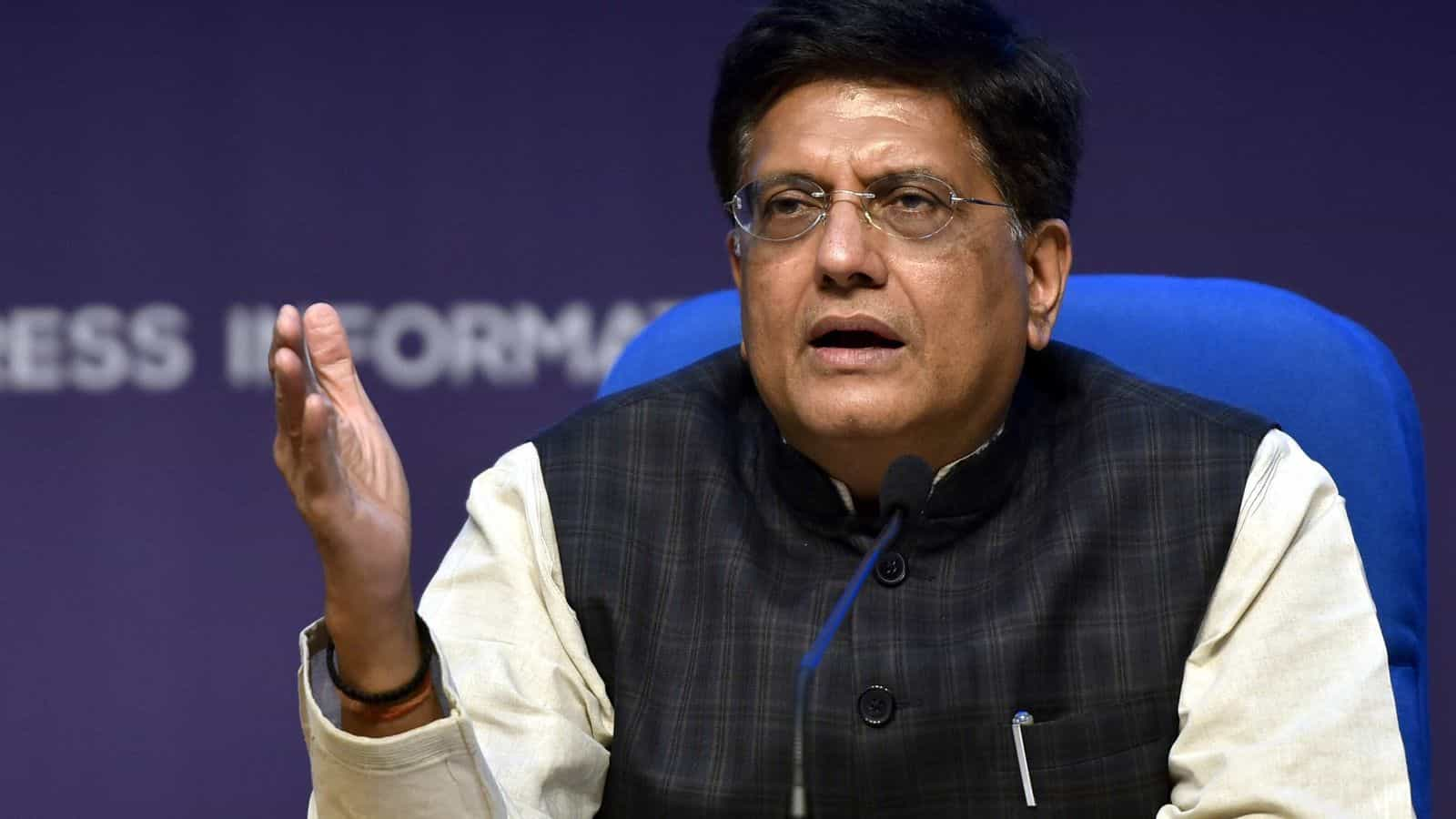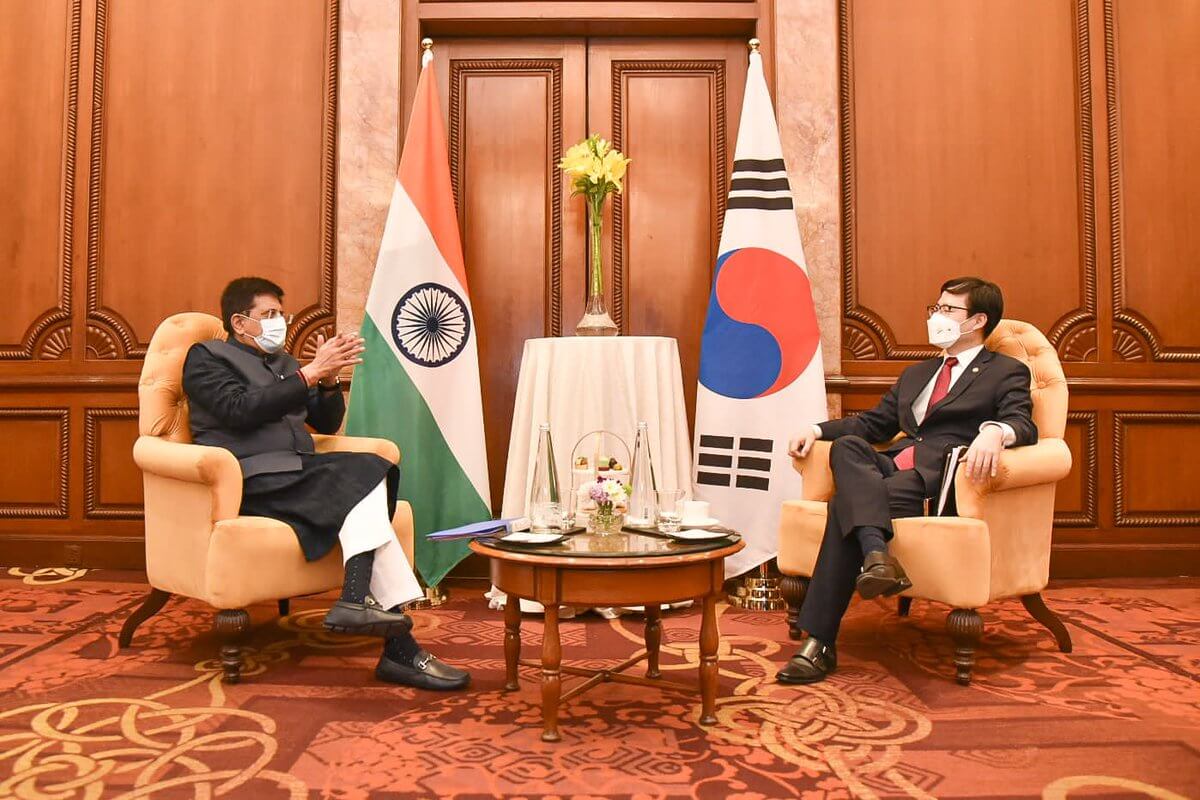India and South Korea held a meeting on Tuesday to discuss the ongoing trade issues and vowed to resolve them expeditiously. As a result of the discussions, the two sides agreed to further deepen their economic ties and “impart a fresh momentum” to their trade talks.
The discussion was held during South Korean Minister for Trade Yeo Han-Koo’s visit to India, wherein he met with his Indian counterpart Piyush Goyal in New Delhi. They discussed a wide range of issues related to trade and investment. Specifically, Goyal highlighted the need to bridge India’s trade deficit with South Korea.
According to a joint press release, the two agreed to expedite negotiations on upgrading their Comprehensive Economic Partnership Agreement, which was signed in 2009. They vowed to hold meetings with their respective negotiating teams regularly to engage relevant stakeholders. With this, they seek to discuss the various difficulties faced by the business communities in their countries and other such issues, including supply chain resilience, and consequently facilitate bilateral trade.
Primarily, India exports aluminium and mineral fuels to South Korea and imports microphones and cameras. In Financial Year 2021, India exported goods worth over $4 billion to South Korea while importing goods worth more than $12 billion during the same period. Hence, India is seeking to bridge this gap and facilitate more exports to South Korea.
In this regard, according to sources quoted by The Hindu, the Indian side highlighted the issues faced in bovine meat exports and agricultural products to South Korea. New Delhi had earlier requested Seoul to remove market barriers for bovine meat and allow for its export in 2019. The request was thereafter renewed in 2021.
However, Seoul insists that India must first get a clearance from the World Organisation for Animal Health to prevent any diseases from the meat. On the other hand, the Indian government insists that bovine meat is already being exported to Mauritius, Brunei, the Maldives, Seychelles and the Philippines, and no such complaints have been raised.
Similarly, India had also urged South Korea to facilitate the export of grapes, pomegranate and eggplants over a decade ago. The request continues to be pending with the South Korean government.

During the meet, they also agreed on the importance of an open market and the need to remove their trade barriers obstructing their economic relations. Consequently, they mutually agreed to work towards achieving a target of USD 50 billion by 2030, which was set during their meetings in 2018.
One of the critical issues that India seeks to achieve in its trade relations with South Korea is the removal of non-trade barriers (NTB). Often countries including the United States, Japan and China, all of whom claim to maintain low-tariffs, use such NTBs to veil their protectionist policies that seek to discourage “undesirable imports.”
In 2018, trade between India and South Korea crossed $20 billion for the first time, indicating a flourishing economic partnership. However, in 2020, bilateral trade took a major hit as the pandemic severely impacted both countries’ economies. Hence, this meeting aims to facilitate the revival of economic ties, along with seeking a more balanced trade relation.

